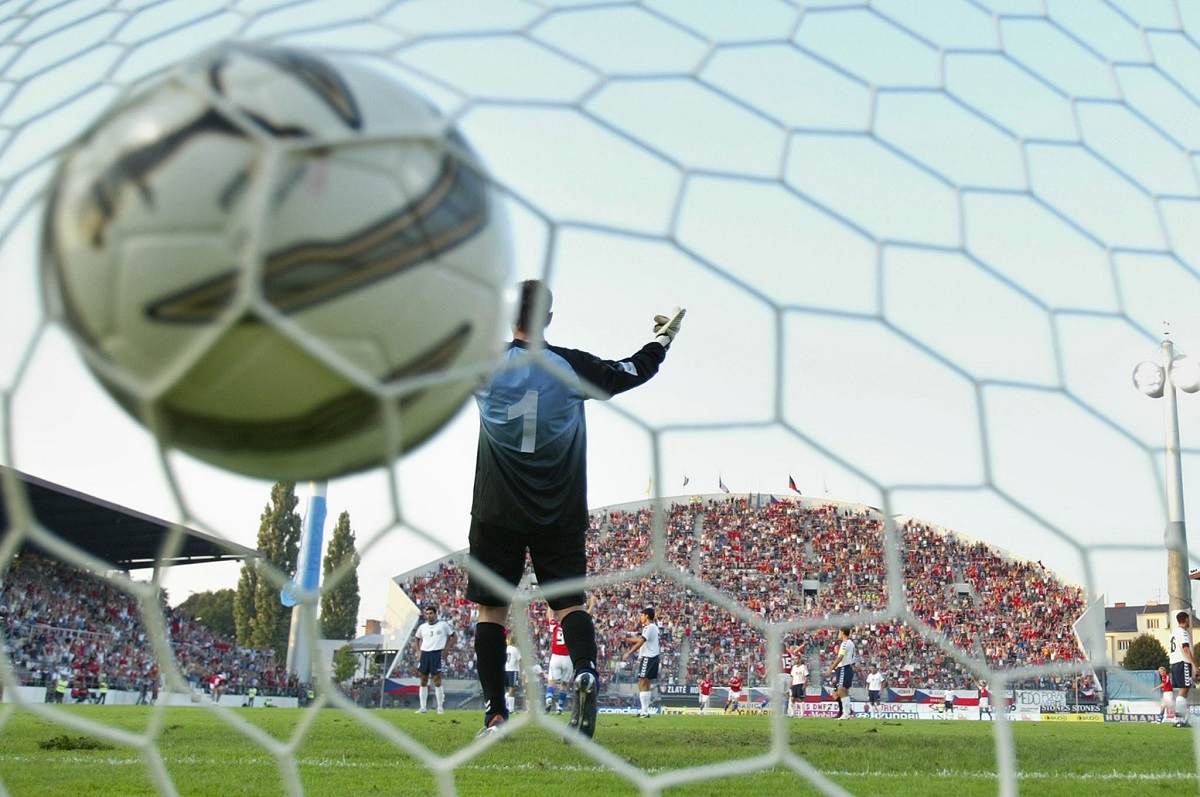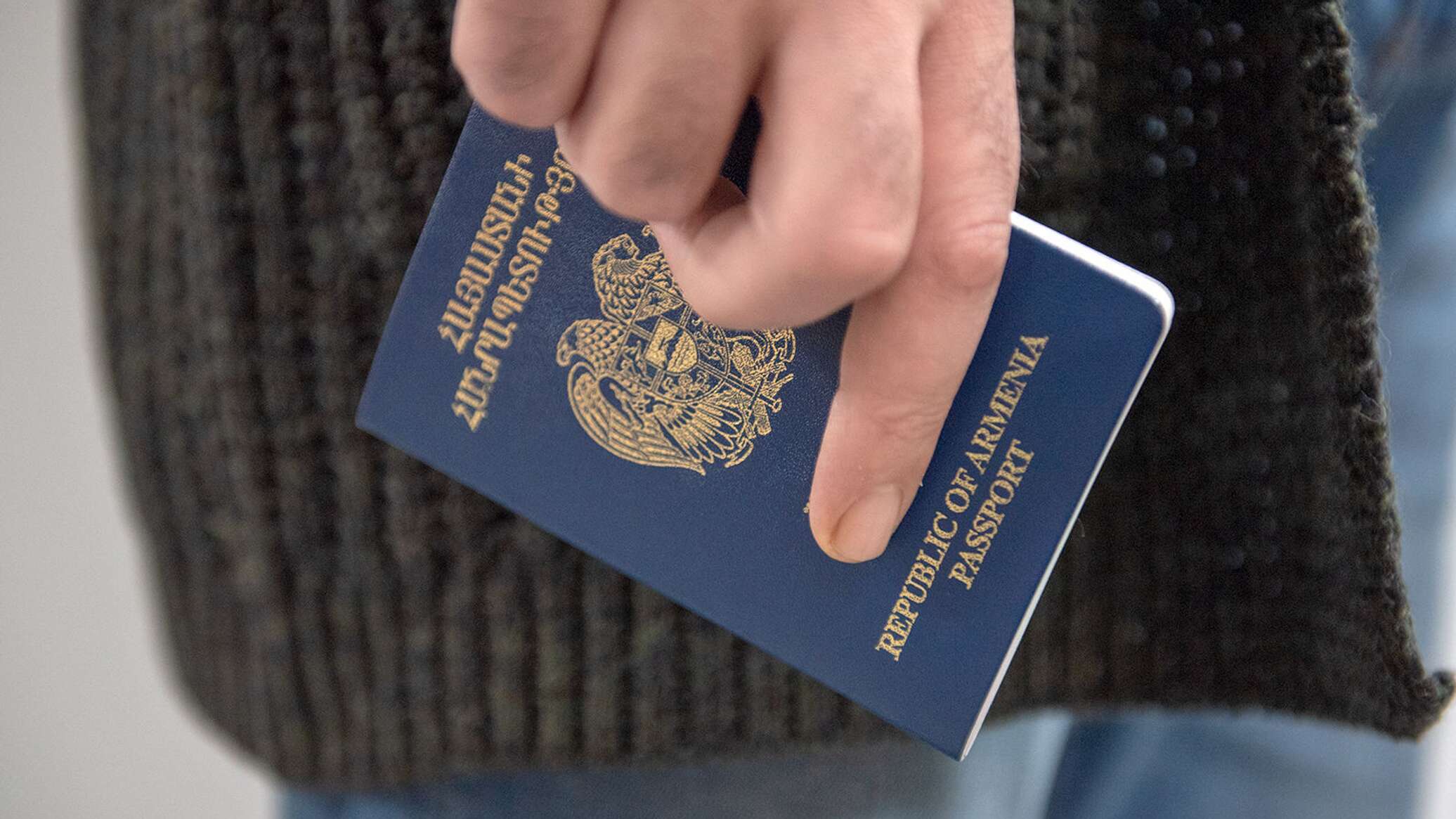Is Armenia a donor to the EAEU?
Armenia’s contribution to EAEU budget
“Armenia has become a donor to the EAEU, and pays more into the common pool than it receives,” Economy Minister Vahan Kerobyan said in parliament. He believes that it is necessary to reconsider the distribution of the union’s budget.
According to the current agreement, Armenia receives about 1.25% of the total customs income of the union.
According to economist Suren Parsyan, since joining the EAEU the country has received more from the Union budget than it has paid. But even if the organization agrees to discuss redistribution, it is unlikely that the other nations involved would agree.
The Eurasian Economic Union operates under the leadership of Russia and includes Armenia, Belarus, Kazakhstan and Kyrgyzstan. The organization provides its members with freedom of movement of labor, goods, services and capital. Armenia joined the EAEU in 2015 and automatically became part of the Customs Union of this organization.
The Armenian government has never discussed the issue of withdrawing from the EAEU. However, in 2017, the Yelk (Exit) opposition bloc, of which the current prime minister was also a member, submitted a draft law on withdrawal from the EAEU to parliament for consideration. Opposition MP Nikol Pashinyan believed that it was economically unprofitable for Armenia to remain in the union.
EAEU situation over the past year, and an expert’s opinion on remaining part of it.
- Cause of record number of jobs in Armenia: expert opinion
- Fourth meeting with Putin: did Aliyev and Pashinyan hold their ground?
“Armenia pays more to the common pot than it receives”
Kerobyan also said that situation developed after August 2021, and steps must be taken to change it.
“Since the middle of last year, Armenia has actually acted as a donor in terms of customs duties received and paid to the budget of the EAEU,” he stressed.
According to the minister, “for a more equitable distribution” the distribution of the EAEU budget should be reviewed:
“We’re working on starting a new conversation, opening a new round of discussion.”
“For the sake of promoting Eurasian integration”
A few days before the Minister of Economy’s statement, during an expanded meeting of the Eurasian Intergovernmental Council, the Prime Minister of Armenia said that trade turnover between Armenia and the EAEU countries amounted to $2.8 billion.
Compared to January-August last year, trade increased by 74%.
According to Pashinyan, there are “serious successes” in the process of establishing the EAEU:
“A large common market has been created, and mutual trade indicators have grown significantly.”
According to the prime minister, exports from Armenia doubled, while imports increased by 58%.
At the end of his speech, Nikol Pashinyan confirmed Armenia’s readiness to actively cooperate with the EAEU member states “for the sake of promoting Eurasian integration.”
During the same meeting, Russian Prime Minister Mikhail Mishustin stated that “the dynamics of the trade turnover of the EAEU states reflects the positive impact of integration processes”:
“Over the past year, the volume of mutual trade between the member states of the union reached its maximum for the entire existence of the EAEU. It exceeded $73 billion.”
Comment
Economist Suren Parsyan says that at first it was the opposite and Armenia received more than it paid. Parsyan finds it difficult to say what exactly has changed since August last year.
Parsyan says that in order to analyze the minister’s statements, statistical data are needed, which the State Revenue Committee probably has.
Commenting at the request of JAMnews on the possibility of revising the distribution of the EAEU budget, Parsyan stressed that this can only happen if member states agree.
“The interest has already been distributed. At whose expense will we replenish our interest, who will agree to give us theirs?” he asks.
Parsyan sees no reason to withdraw from the Eurasian Economic Union and says it’s cost-effective to retain membership. As a positive example, he cites the growth of exports to Russia and other countries of the union, as well as the influx of Russians to Armenia:
“The EAEU implies the free movement of capital, labor and services. The arrival of Russians, which is the result of the free movement of labor, played a large role in this year’s economic growth of 14.1%.
As for high customs duties on goods produced within the union, Parsyan says that this is positive in terms of protecting the domestic market: “imported goods become more expensive, local products become more competitive.”
Armenia’s contribution to EAEU budget





















